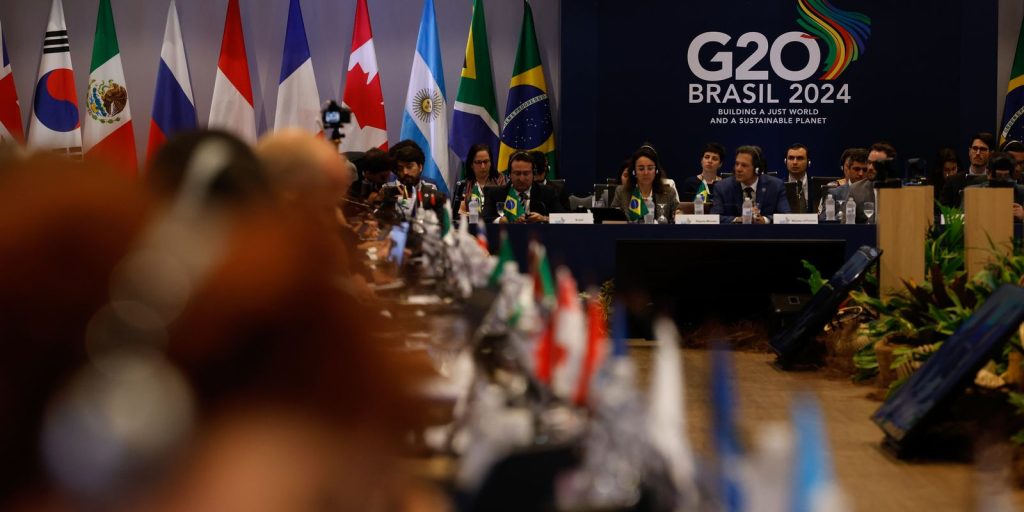This Friday – July 26 – the 30th edition of the Olympic Games officially began, which on this occasion have Paris as the stage for one of the most important sporting events in the world and which promises great results. the exploits of the hundreds of athletes who have prepared for years to compete for the gold medal.
In the case of Colombia, the national delegation will count in these new games Olympic Games with a group of 89 athletes, 51 women and 38 men, who will participate in 18 different sports. This is the first time in history that there are more women than men in competition and among them there are big names such as Mariana Pajón.
Putting an economic spin on this topic, over the past few years a discussion has been generated about what factors determine a country’s success at the Olympic Games, as it is approached from complex and multifaceted perspectives, with various elements, such as investment in sports, sports infrastructure, sports culture and government support playing a crucial role.
Paris 2024 Olympic Games.
EFE
Influence of GDP
A recent report from the Anif Center for Economic Studies warns that one of the most debated factors is the impact of the Gross Domestic Product (GDP) on Olympic performance, taking into account that this issue raises questions on the relationship between a country’s economic capacity and its performance on the sporting scene.
“Theoretically, there is a positive relationship between Olympic performance and a country’s GDP. A higher GDP generally means that a country has more resources available to invest in training athletes, building quality sports facilities and implementing sports programs in education,” they began by saying.
In this sense, they explain that countries with greater resources can offer better training conditions, hire elite coaches and proportionar comprehensive support for its athletes, increasing their chances of success in international competitions.
“When analyzing the total number of medals won at the last Olympic Games in Tokyo 2020 against the economic activity of 2019, a clear positive relationship is observed between the GDP and the total number of medals won. The medal table is led by the United States, China and Japan, with the United Kingdom, France, Germany and Italy forming part of the top 10. It is not surprising that these countries are also those with the largest economies in the world,” they added.

GDP.
iStock
Delving into success stories, Anif argues that the United States, China and the United Kingdom They stand out as countries that consistently lead the medal table and that not only have large economies, but also invest significantly in their sports programs. However, they emphasize that there are other factors (cultural, religious, investments, incentives for sports, luck, etc.) besides GDP, which explain the results of the competitions.
“While this exercise ignores possible relationships between GDP and other variables, it suggests that there are other forces that explain success or failure at the Olympic Games. Going into detail, the United States has dominated the Olympic medal count in multiple editions. Investment in sports at the collegiate and professional level, along with a deep-rooted sports culture, contribute to this success,” they said.
In another example, they argue that in recent years the UK has implemented highly effective sports funding programmes, particularly through its UK Sport agency, which channels National Lottery funds into the development of elite athletes and that this strategic approach has led the United Kingdom to consistently position itself among the best in the Olympic medal table.

Economy
iStock
“Since its economic opening in the 1980s, China has experienced unprecedented economic growth, raising its GDP to levels that compete with the world’s major economies. This increase in financial resources has allowed China to invest massively in sport. The Chinese government has adopted a centralised and planned approach to sports development, creating state programmes to identify and develop talent from an early age,” the report says.
‘Investment in the sector is quite compromised’: Claro
Thus, this analysis suggests that a country’s GDP is a determining factor in its Olympic performance and although it is not the only one, the availability of financial resources allows for better preparation and support for athletes, which translates into a greater number of medals, highlighting that the United States, the United Kingdom and China are prominent examples of how investment in sports, backed by a strong economy, can lead to success at the Olympic Games.


















